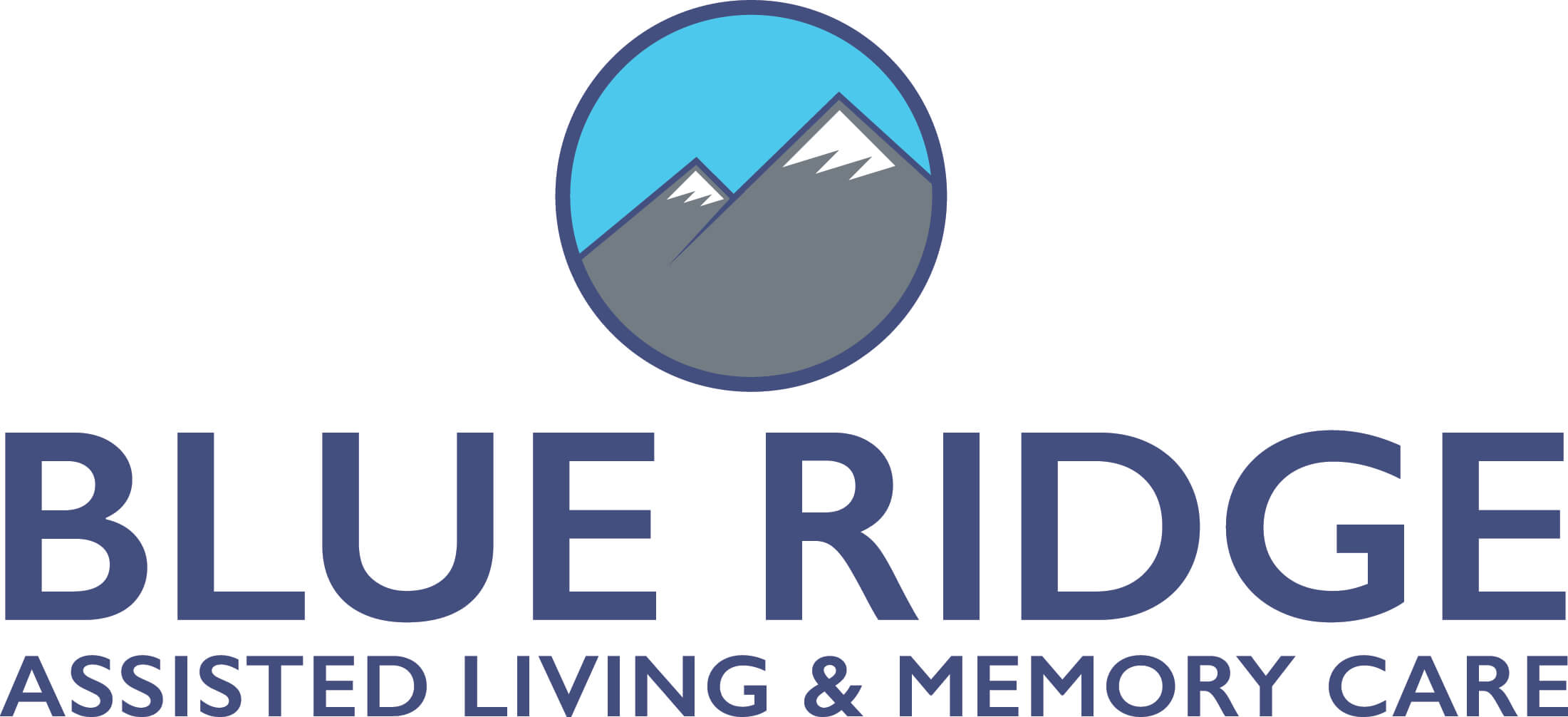Animal therapy is an increasingly common form of therapy at senior living communities, hospices, and even right in your very own home. Animal therapy involves seniors’ interactions with trained animals – dogs, cats, and even farm animals, to name a few – to improve mental wellness and their quality of life. These interactions are guided and facilitated by the animals’ handlers. Today, you can find animal therapy being practiced at nearly every reputable senior living community as it is suitable for seniors of all ages and for those with different health conditions. Here’s what you need to know about animal therapy and its benefits.
Types of Animal Therapy
Animal therapy can be broken down into three main types – ownership therapy, visitation therapy, and animal-assisted therapy. Each type has its unique set of benefits. Firstly, ownership therapy is where a senior owns a pet of their choice. Ownership therapy is ideal for those who can fully care for their pet themselves, and are able to bring their pet out for their daily exercises or vet visits.
Next, visitation therapy involves having an animal visit a senior for a short time. Visitation therapy is the most common type of animal therapy you’ll find; it is often conducted as part of the activities line-up at a senior living community, but can even be done in the comfort of your own home.
Lastly, animal-assisted therapy is the most intensive form of animal therapy. It is typically used for seniors who require more therapy time than others. In animal-assisted therapy, seniors are paired up to interact with highly sensitive animals like horses and dolphins, thus building their confidence and physical skills.
Physical Benefits of Animal Therapy
Animal therapy can greatly improve seniors’ physical health since they’ll get to move around more when interacting or caring for the animal. This increased activity level helps to lower blood pressure and improve the physical skills they need for more intensive forms of exercise. As a result, animal therapy may even lower cholesterol and reduce the risk of heart disease in the long run.
Mental Benefits of Animal Therapy
Animal therapy is incredibly beneficial for many different people, including seniors living with dementia or other forms of cognitive impairment. Animal therapy provides seniors with a source of mental stimulation and can even help bring back fond memories from the past. Over time, animal therapy can also provide a greater sense of meaning to a senior’s life and boost their cognitive function.
Emotional Benefits of Animal Therapy
Animal therapy has plenty of emotional benefits too! For starters, animal therapy reduces seniors’ feelings of loneliness and isolation, which in turn can lower their risk of developing depression or anxiety. Animal therapy can also boost seniors’ self-esteem and confidence as they spend time playing and looking after their pets. What’s more, animal therapy is great for improving communication skills – seniors can communicate freely and share their innermost thoughts with their pets without any fear of judgment!
With all these benefits in mind, it’s easy to see why more people are opting to include animal therapy in their daily lives. Give animal therapy a try today!







